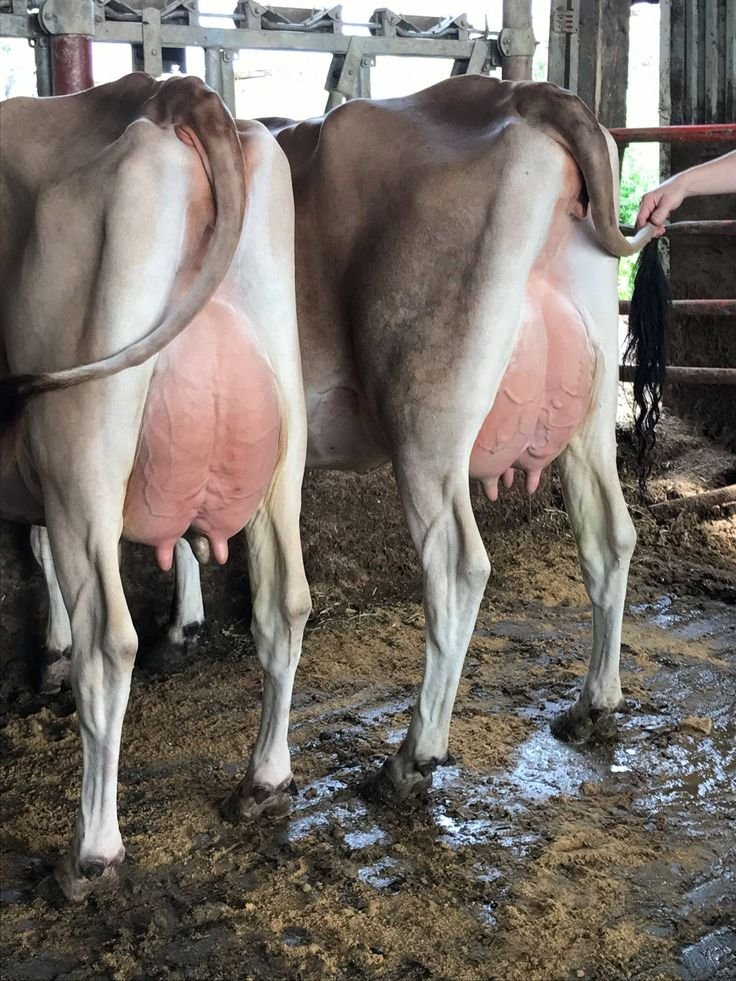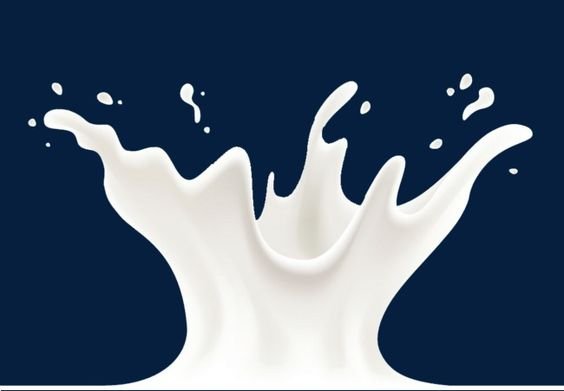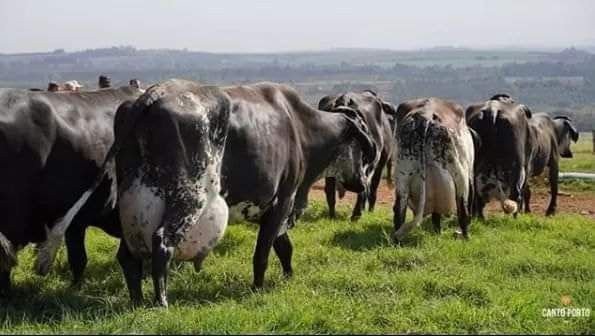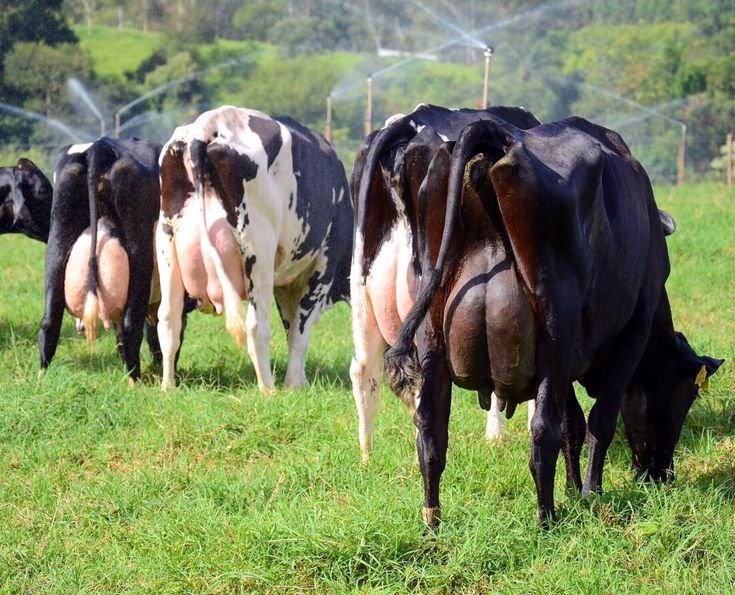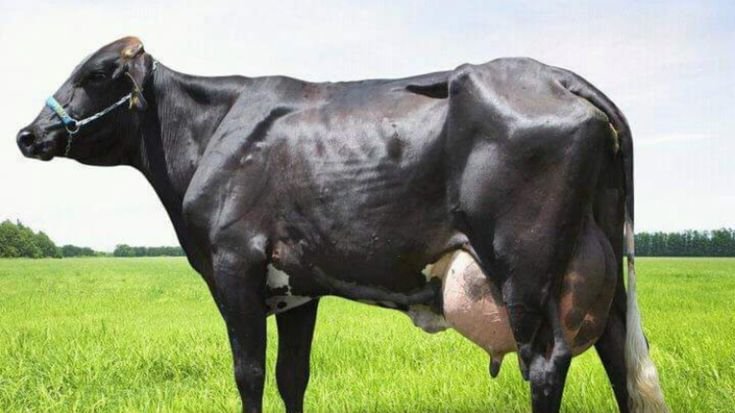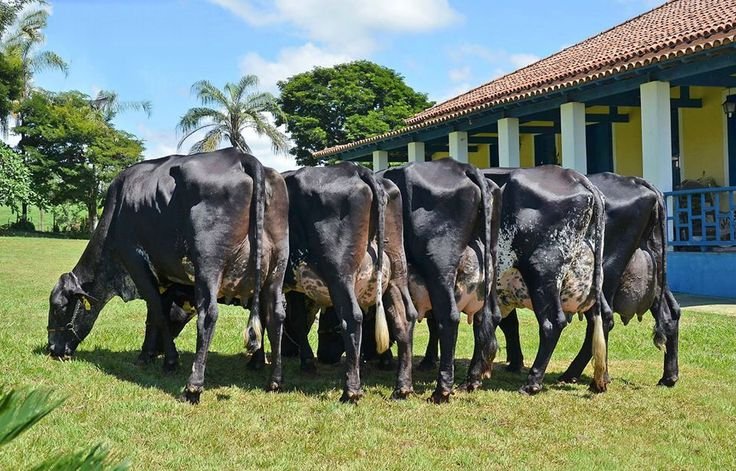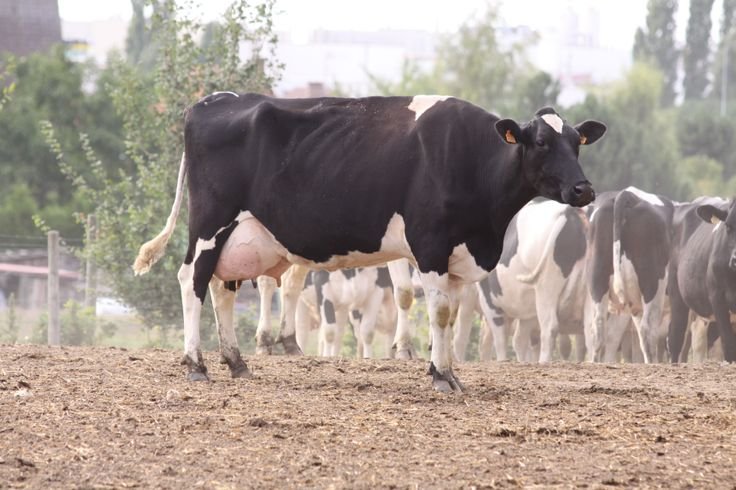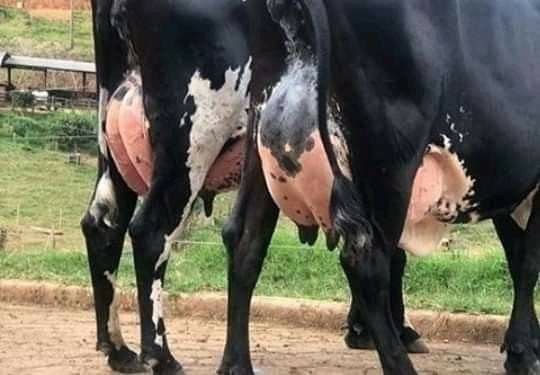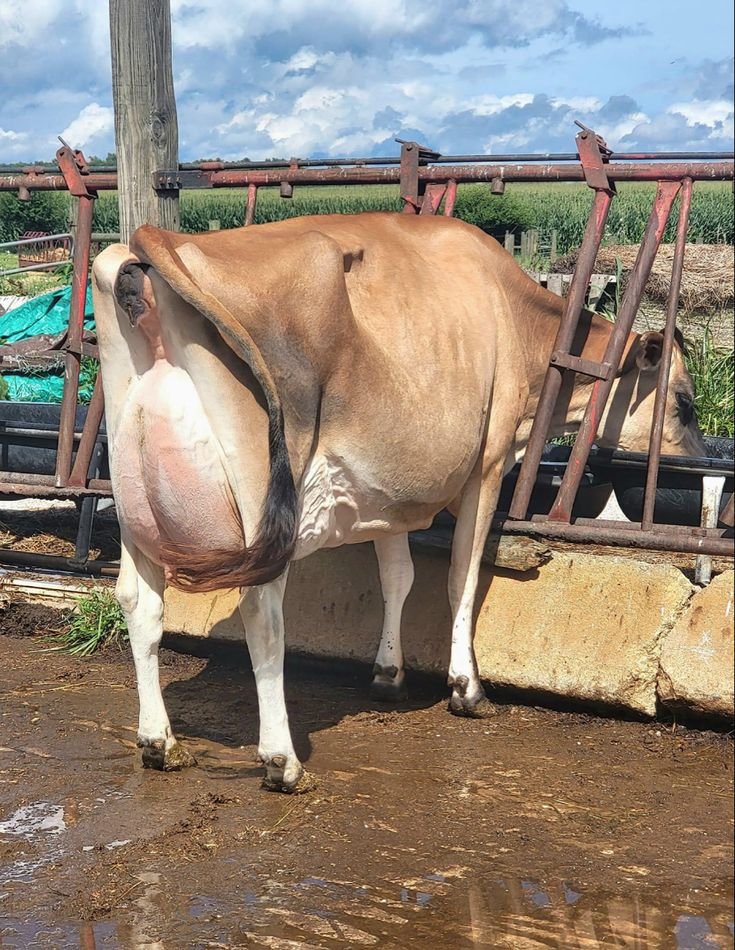Weather changes significantly impact the health and productivity of dairy cattle. From heatwaves to cold winters, adapting livestock diets to suit seasonal conditions is essential for maintaining robust health and consistent milk production. This article explores strategies to optimize cattle nutrition for varying weather conditions.
How Weather Affects Dairy Cattle
Seasonal weather changes, such as extreme heat, cold, or humidity, can create stress on dairy cattle. Common issues include:
- Heat Stress (Summer): Reduced feed intake, dehydration, and lower milk yield.
- Cold Stress (Winter): Increased energy demand for body heat leads to reduced milk energy output.
- Humid Weather (Monsoon): Risk of infections and poor-quality forage affecting digestion and immunity.
These challenges can affect milk quality, quantity, and overall cattle health if not addressed through proper dietary adjustments.
Seasonal Diet Adaptations for Dairy Cattle
- Summer Diet Adjustments
- Provide high-energy feeds to compensate for reduced appetite.
- Include electrolytes and cooling supplements to prevent dehydration.
- Use silage and concentrates as fresh forage intake may decline.
- Winter Feeding Strategies
- Increase energy levels in the diet with grains and oilseeds.
- Supplement with calcium to prevent deficiencies due to increased energy use.
- Ensure constant access to warm water to maintain hydration.
- Monsoon Nutritional Tips
- Focus on high-quality silage and hay to avoid moldy or wet feed.
- Include probiotics to boost gut health and prevent infections.
- Add vitamin and mineral supplements to strengthen immunity.
The Role of Supplements in Seasonal Diets
Nutritional supplements can significantly aid in weather adaptation by bridging dietary gaps:
- Ultra H and Sumo-Milk Gel: Boost milk yield with targeted nutritional support.
- Electrolytes and Probiotics: Prevent dehydration and digestive issues during heat stress.
- Vitamin-Fortified Products: Enhance immunity and resilience to weather changes.
- Calcium-Rich Formulas (Ultra Forte): Address calcium deficiencies to maintain milk quality.
These specialized supplements are designed to ensure cattle remain productive and healthy despite environmental challenges.
Tips for Dairy Farmers
- Regular Monitoring: Keep track of cattle health indicators such as weight, milk yield, and feed intake.
- Adjust Rations: Work with a nutritionist to modify feed composition for each season.
- Ensure Water Access: Provide clean water in all seasons, paying extra attention during summer and winter.
- Use Fortified Feeds: Opt for fortified silage, concentrates, and tailored supplements.
Conclusion
Adapting dairy cattle diets to suit seasonal weather changes is a crucial aspect of modern dairy farming. By incorporating the right mix of energy-rich feeds and targeted supplements like Ultra H, Sumo-Milk Gel, and Ultra Forte, farmers can maintain their livestock’s health and ensure consistent milk production year-round.

